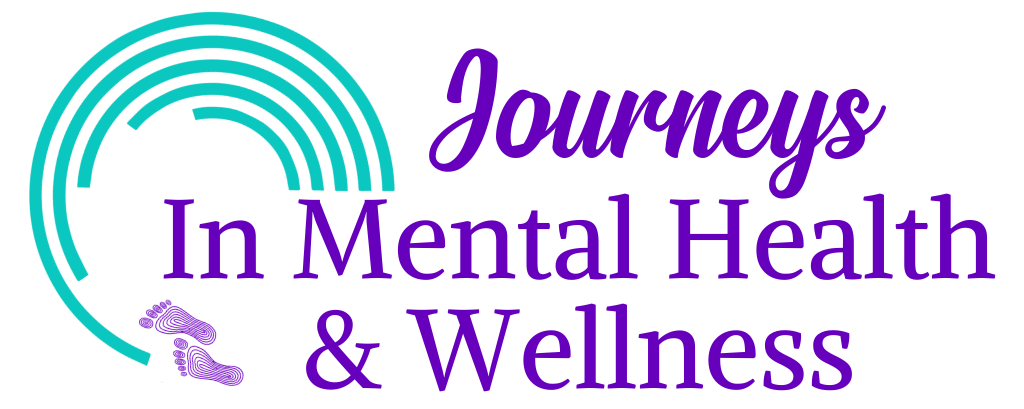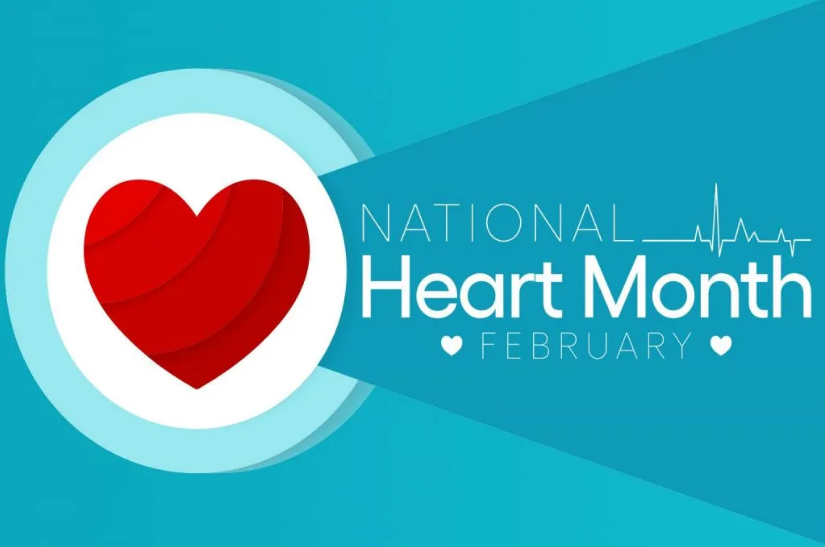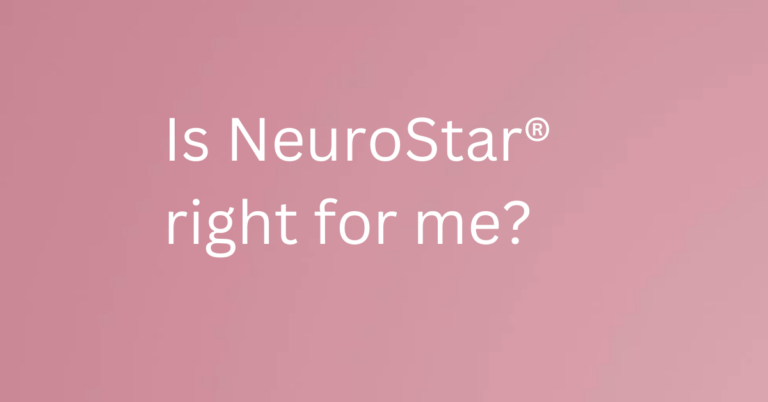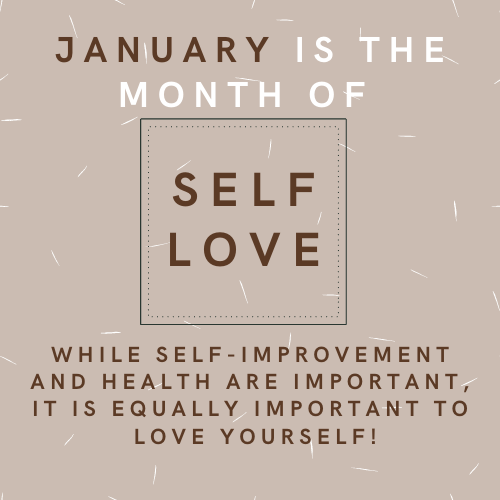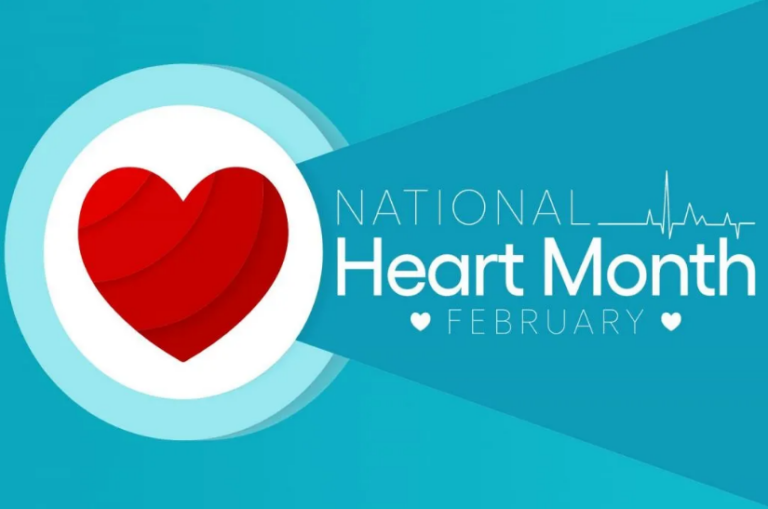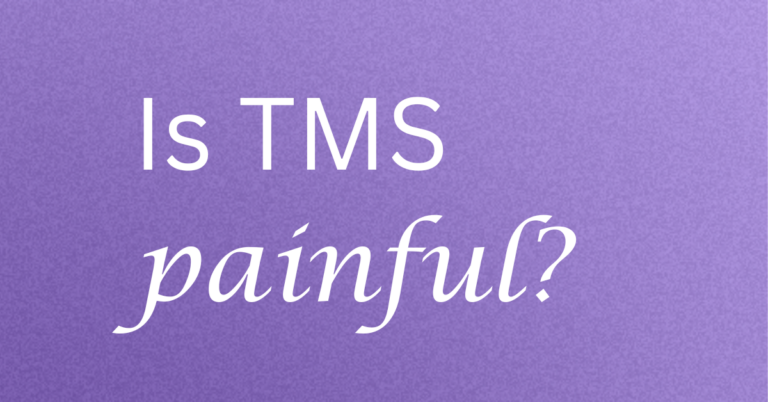Mindful Moments with Journeys
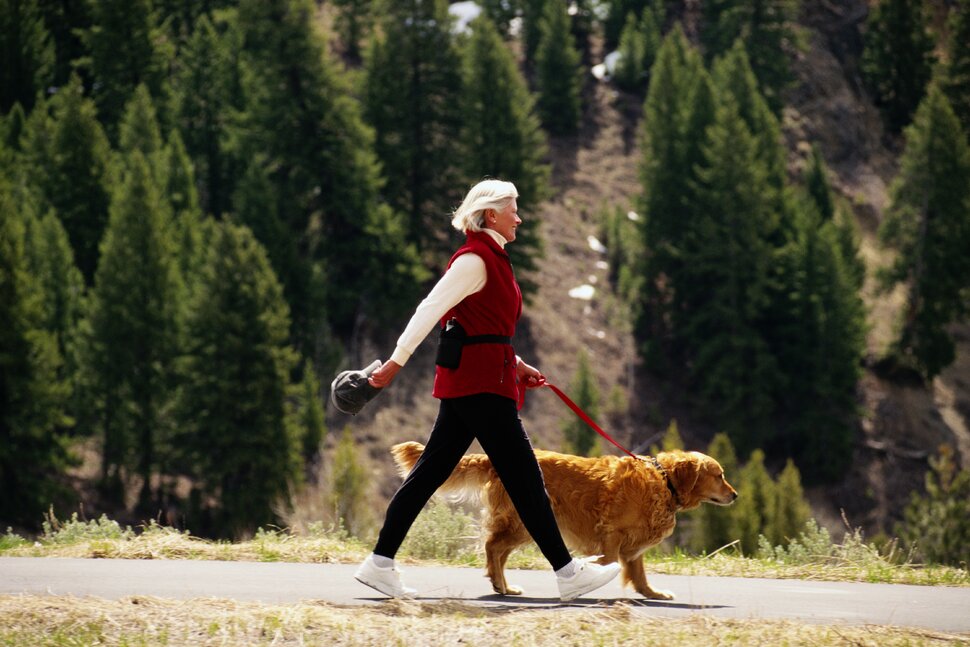
Walking is good for so much more
than weight loss
Walking promotes strong bones, a healthy heart, strong immune system, happier moods, decreased anxiety, improved sleep, and improved memory. No matter your age, walking is still one of the best ways to have a healthy mind and body, and best of all, it’s free!!!
According to a New Mexico Highlands University study walking does your body good, but it’s not just your heart and muscles that benefit. Researchers found that the foot’s impact during walking sends pressure waves through the arteries that significantly modify and can increase the supply of blood to the brain. It increases brain power and memory, decreasing the risk of Dementia and Alzheimer’s disease. Regular walking has been linked to improved cognitive function such as improved memory, attention, and problem-solving skills because walking increases blood flow to the brain. Increased blood flow to the brain leads to the release of hormones that promote the growth of new nerve cells

Walking in nature has been linked to improved mental health
There are common suggestions to remedy stress: You just need a breath of fresh air. Walk it off. Get out and see people. Turns out all those things combined may in fact make you feel better — a lot better — a new large scale study suggests. Walking in nature has been linked to improved mental health by the University of Michigan Health System.
Regular walking stimulates the release of endorphins, often referred to as “feel-good” hormones, which can alleviate symptoms of depression, reduce stress levels, and improve overall mood. People who had recently experienced stressful life events like a serious illness, death of a loved one, marital separation or unemployment especially seemed to see a mood boost after outdoor group walks.
Walking is an inexpensive, low risk and accessible form of exercise and it turns out that combined with nature and group settings, it may be a very powerful, under-utilized stress buster. Our findings suggest that something as simple as joining an outdoor walking group may not only improve someone’s daily positive emotions but may also contribute a non-pharmacological approach to serious conditions like depression.
Regular walking stimulates the release of endorphins, often referred to as “feel-good” hormones, which can alleviate symptoms of depression, reduce stress levels, and improve overall mood.
Walking decreases the risk of chronic illness (stroke, coronary heart disease, depression and other life-threatening conditions), as per this University of East Anglia and in Nature Medicine It improves heart health, (think lower risk of high blood pressure, high cholesterol and diabetes) as much as running, according to the American Heart Association. SAD: Sadness and depression are usually associated with winter months and can last 4-5 months. (NIH). If you’re feeling unusually lethargic, isolating yourself from friends, or having difficulty concentrating from day to day, you may actually be dealing with the condition, a form of seasonal depression. Vitamin D is important in promoting healthy moods. A lack of Vitamin D has been linked to depressed moods. The best source of Vitamin D comes from the sun and when we go walking outside we get the benefits of sunlight.
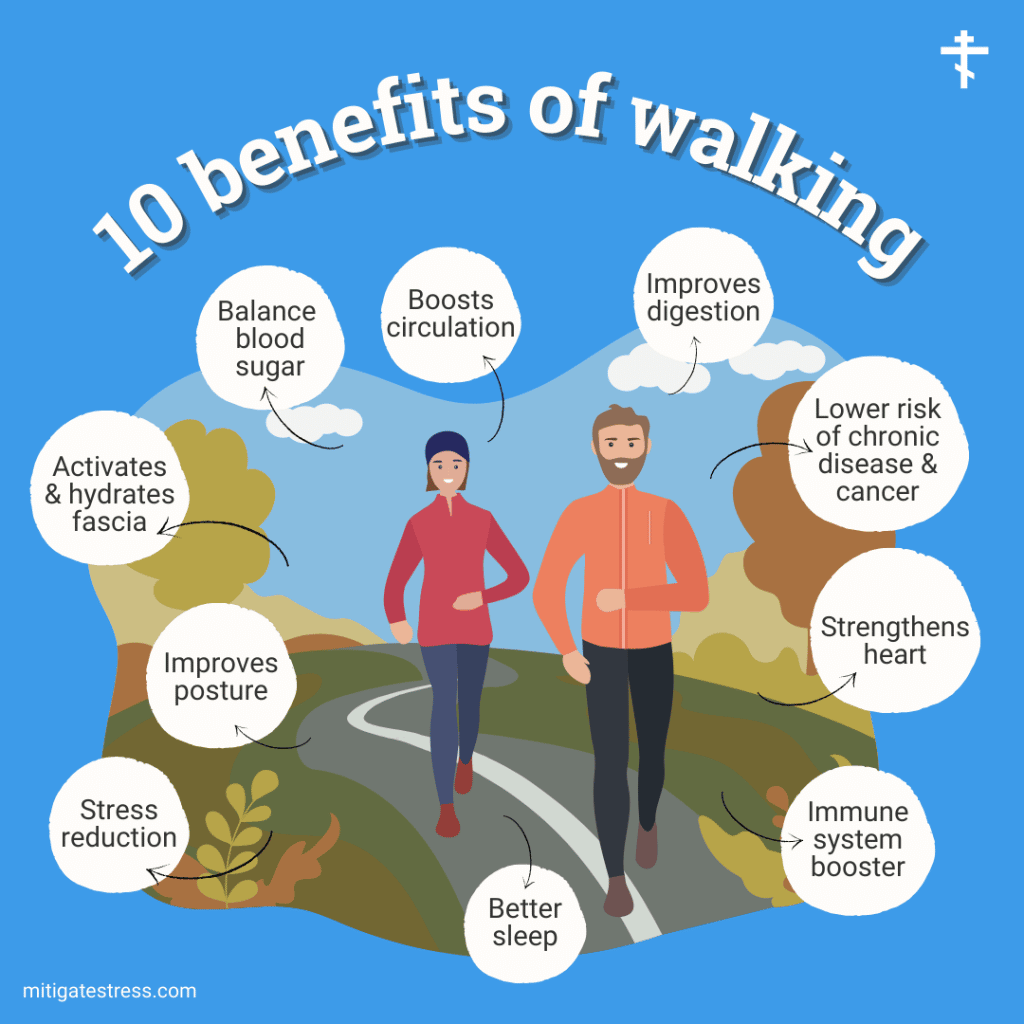
Struggling with sleep?
Walking can help you catch those Zs. Regular exercise, including walking, has been linked to improved sleep quality. Walking helps regulate your sleep-wake cycle, enhances the production of serotonin (a precursor to melatonin, the sleep hormone), and reduces anxiety—all of which contribute to a restful night’s sleep. (ERof texas.com)
Not sure how to get started? Go on a walk with a friend or spouse, take your furry companion. If your unable to go outdoors try taking the stairs instead of the elevator, or even walking around the office. Any movement you can do each day will actively help you and your health.
Sources: Science Daily, ERofTexas, & American Heart Association
WENDELL OFFICE
3134 Wendell Blvd
Wendell, NC 27591
Phone: (919) 374-7283
Fax: (919) 374-7285
Email: wendell@jmhw.org
WILSON OFFICE
2305 Wellington Dr SW Suite E
Wilson, NC 27893
Phone: (252) 306-7474
Fax: (252) 306-7475
Email: wilson@jmhw.org
AFTER HOURS EMERGENCIES AND CRISIS
Patients ages 3-20
The Hope Center’s Mobile Outreach Response Engagement Stabilization (MORES) service is available now for youth ages 3-20 in Wake, Johnston, Orange and Durham Counties, 7 days a week from 10am-10:30pm.
The MORES service is a specialized crisis response service without adding additional trauma from police presence, unless needed. The team will be dispatched once the parent/caregiver contacts KidsPeace (484-215-6756) during the time of crisis.
(For Crisis Services outside of MORES’s hours of operation, please contact the Alliance Access and Information line at 1-800-510-9132.)
Patients ages 21 and older
Call the Mobile Crisis Team operated by Therapeutic Alternatives. Substance abuse, mental health crisis, and developmental disability issues.
1-877-626-1772
Monarch Behavioral Health Urgent Care – Raleigh
319 Chapanoke Rd Suite 120 Suite 120, Raleigh, NC 27603
Phone: (919) 703-2845
NO APPOINTMENT NECESSARY.
Same-Day Walk-in Care
Local Help Centers
Dorothy Mae Hall Women’s Center
(919) 371-8523
Helping Hand Mission
(919) 365-0757
East Wake Senior Center
(919) 365-4248
Policy Department
(919) 365-4444
Fire Department
(919) 365-3635
Local Food Pantries
Wendell United Methodist Church
129 N Main St Wendell, NC 27591
Calvary Faith Center – Community Day
4825 Rolesville Road Wendell, NC 27591
ZUMC Food Pantry
114 W Sycamore St Zebulon, NC 27597
